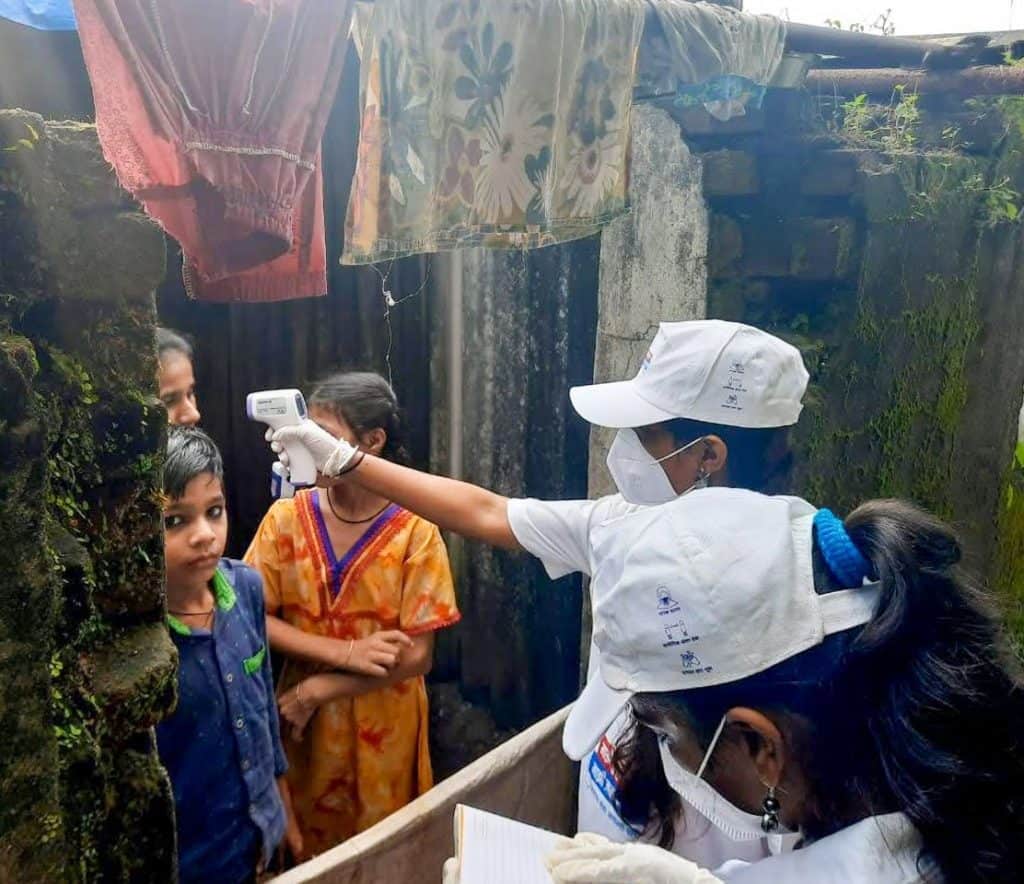On October 22nd, Citizen Matters hosted a tweet chat with Kaveri Medappa, DeliveryBhoy (an anonymous Twitter handle of a former delivery worker), and Abhishek Sekharan to discuss the issues delivery workers deal with on a daily basis.
Kaveri is a researcher at University of Sussex, she is known for her work studying the experiences of delivery workers in Bangalore. DeliveryBhoy is an anonymous food delivery worker who brings focus to poor working conditions of gig workers in the country. Abhishek Sekharan, is a Researcher with Centre for Internet and Society CIS India doing interdisciplinary research on internet and digital technologies to advance discourse and regulatory practices.
The tweet chat was conducted following Citizen Matters’s story about gig workers in Mumbai, and how they prefer working for smaller companies that offer better working conditions.
The chat started by talking about the gap between what is promised to the delivery partner at the time of recruitment and the facilities provided after they sign up
Read more: Can an urban income guarantee scheme reduce unemployment in cities?
The conversation moved on to a pressing issue; what can the consumer do to make sure the delivery worker is compensated better?
Guests also spoke about how this affected delivery workers in the pandemic, with hazardous working conditions and high levels of exposure to the virus, without having adequate support in terms of health insurance, or assistance during hospitalisation, or vaccination. We learnt that all costs associated with delivery including masks, sanitisers, and other protective equipment were borne by workers.

The tweet chat shed light on some unethical practices of some food delivery companies through the lens of experts, researchers and on-ground workers.
If you haven’t already read last week’s story you can find it here.